
Barbiturate drugs are prescribed to treat seizures, and in more limited instances, anxiety and insomnia. But, when abused, these drugs can cause addiction and overdose. First time and chronic users alike can overdose. Overdose can first resemble alcohol intoxication before progressing to more serious extremes, including respiratory depression, coma, and death. Roughly ten percent of barbiturate-related overdoses are fatal, most commonly from complications of the heart and lungs.
 Prescription drug abuse affects countless individuals and families across our nation. And sadly, in many cases these individuals actually abuse their own medications or get barbiturates from their family members or other loved ones. Some individuals may do this to self-medicate a physical or mental health condition, while others do so for recreational purposes. If you’re struggling with insomnia or anxiety this might seem like a quick fix. But regardless of why you initiate barbiturate abuse, you’re ingesting a drug which has a high potential for overdose.
Prescription drug abuse affects countless individuals and families across our nation. And sadly, in many cases these individuals actually abuse their own medications or get barbiturates from their family members or other loved ones. Some individuals may do this to self-medicate a physical or mental health condition, while others do so for recreational purposes. If you’re struggling with insomnia or anxiety this might seem like a quick fix. But regardless of why you initiate barbiturate abuse, you’re ingesting a drug which has a high potential for overdose.
How Do People Abuse Barbiturates?
Barbiturates are produced in capsule, tablet, and elixir forms. During abuse, whether it be self-medication or recreationally, many people continue to consume these drugs orally, but in larger and more frequent quantities. Recreational users may use barbiturates because they create feelings similar to being drunk or intoxicated on alcohol.
When a person is addicted, or even within patterns of abuse, they might decide to alter the form of the drug and administer it differently. This is because they hope to enhance or quicken the drug’s effects. These methods may include smoking, snorting, rectally (“plugging”), or even by liquefying capsule or tablet forms and injecting it.
And in another attempt to alter or expedite the pleasurable effects, or to moderate ill effects of another drug, users often abuse barbiturates with alcohol or opiates. Mixing these drugs is not a harmless, fun time. All of these work upon your central nervous system (CNS) with depressant qualities, leading to what can be deadly results.
What Are Barbiturates?
Barbiturate drugs have sedative and hypnotic effects, which mean they can make you feel sleepy or very relaxed. This mechanism of action occurs due to the way this class of drugs decreases the rate of certain activity within your brain. These effects are also what makes them so appealing to drug abusers. Frequently abused barbiturates include (name brand is listed second):
- Butabarbital (Butisol Sodium)
- Phenobarbital (Luminal)
- Pentobarbital (Nembutal)
- Secobarbital (Seconal)
 Even prescribed use of these drugs changes the way your CNS functions, earning them the term CNS depressants. These effects are felt more profoundly within patterns of abuse and addiction.
Even prescribed use of these drugs changes the way your CNS functions, earning them the term CNS depressants. These effects are felt more profoundly within patterns of abuse and addiction.
As your CNS is depressed various systems within your body which are tasked with life-support begin to slow down or fall, including:
- Blood pressure
- Breathing rate (respiration)
- Heart rate
- Temperature
Severe levels of CNS depression are what initiate overdose. When too much of the drug is used these critical systems can even begin shutting down. The higher potential for overdose is why barbiturates are prescribed in smaller numbers than they were in the past. Now, benzodiazepines are largely used in their place, however these drugs also run the risk of addiction and overdose.
What Are The Signs Of Barbiturate Overdose?
What makes barbiturate abuse dangerous is how it resembles alcohol intoxication. This similarity can surface as an excuse or diversion for a barbiturate abuser. Barbiturate abusers might try to pin their abuse on alcohol or the casual observer might make this assumption on their own. Try to be mindful of this. If a person becomes suddenly drunk after having only one drink (especially if they’ve struggled with barbiturate abuse in the past) there may be cause for concern.
According to MedlinePlus signs of overdose include:
- Becoming uncoordinated
- Changes in speech (speaking slower or slurring words)
- Coma
- Difficulty maintaining consciousness
- Feeling or moving sluggishly
- Having trouble walking (staggering)
- Intense drowsiness
- Impaired judgment
- Slow or shallow breathing
- Struggling to think clearly
Many of these symptoms are also present in varying degrees during an intoxicated state. But beware, intoxication can quickly progress to full-fledged overdose. If you have the slightest concern that you’re going into overdose, or watching a loved one do so, call emergency medical services immediately. This prompt action could save a life.
Can A Barbiturate Overdose Be Deadly?
Yes. Again, nearly one in ten barbiturate-related overdoses leads to death. As barbiturates are often mixed with alcohol or opiates (all three may be abused together) a large number of overdoses result this way. In fact, MedlinePlus warns that these polydrug abusers are:
“New users who do not know these combinations can lead to coma or death”
“Experienced users who use them on purpose to alter their consciousness”
They conclude by cautioning that overdose in the second group of individuals is harder to treat.
What Are The Risks Of A Barbiturate Overdose?
While death is surely the most serious concern, even a non-fatal overdose can have some life-altering results. According to MedlinePlus, overdose may lead to:
- Coma
- Developmental damage to the child in utero
- Miscarriage
- Falls, leading to head injuries, concussions, injury to the neck and spine regions, and/or paralysis.
- “Pneumonia from depressed gag reflex and aspiration”
- “Severe muscle damage from lying on a hard surface while unconscious, which may lead to permanent kidney injury”

Your drug abuse and addiction doesn’t have to progress to this point. But every time you use you’re taking a gamble with your health and life. Fortunately, help exists. Barbiturate abuse and addiction can be treated with the right combination of treatment modalities, and with the help of the right program.
The Right Treatment Could Save Your Life
Since a vast majority of prescription drug abuse begins from self-medication, a good treatment program should address any physical or mental health concerns which precipitated abuse. So if you struggle with anxiety, insomnia, or seizures, and you’ve found that you’re misusing your prescription (or someone else’s) in dangerous ways, treatment should address these adverse health effects alongside of the addiction.
This might include implementing the use of another medication to curb the symptoms of these conditions. For a co-occurring disorder like anxiety, individuals should be offered dual diagnosis care so that the mental illness is treated too. These treatments hold true with recreational abusers who may have a mental health disorder.
Effective treatment for both addiction and co-occurring disorders includes behavioral therapies; two research-based examples include cognitive behavioral therapy (CBT) and dialectical behavior therapy (DBT).
Barbiturates do form intense physical dependencies. Because of this, a medical detox may be necessary prior to commencing inpatient drug rehab. Life can be very overwhelming and dark when you’re living under the constant burden of an addiction. It doesn’t have to be this way.
Get Treatment And Find Hope Today
Don’t give up your life to addiction. Contact the compassionate treatment specialists today at DrugRehab.org. We have more resources on barbiturate abuse and addiction to help you or a family member begin living a sober and safer life. Contact us today.
For More Information Related to “Signs Of A Barbiturate Overdose” Be Sure To Check Out These Additional Resources From DrugRehab.org:
- Commonly Abused Benzodiazepines
- Signs Of A Heroin Overdose
- Signs Of A Xanax Overdose
- Signs Of A Valium (Diazepam) Overdose
- The Dangers of Alcohol Withdrawal
Sources
National Institute on Drug Abuse — Commonly Abused Drugs Charts






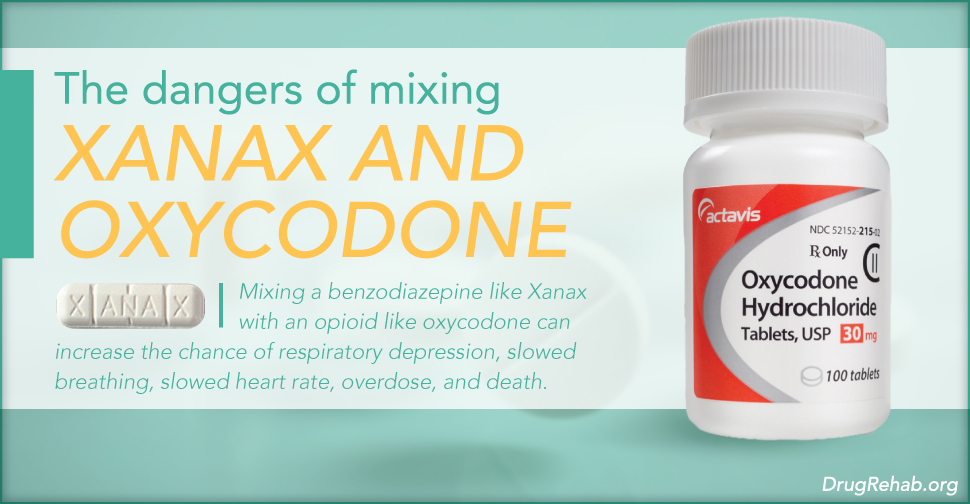


 This is only a potential scenario, and doesn’t apply to everyone—the point is that though not everyone abuses prescription drugs for the same reason, all of our minds are wired the same way to crave things that make us feel good.
This is only a potential scenario, and doesn’t apply to everyone—the point is that though not everyone abuses prescription drugs for the same reason, all of our minds are wired the same way to crave things that make us feel good.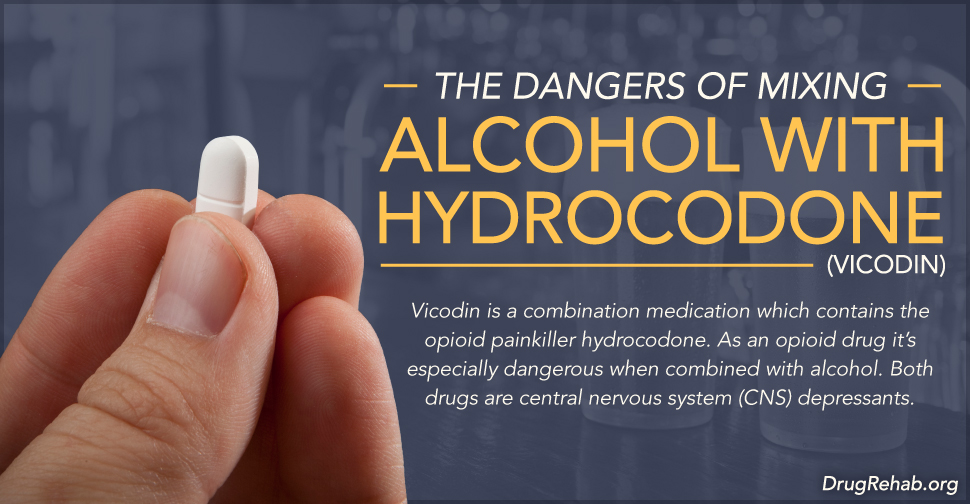


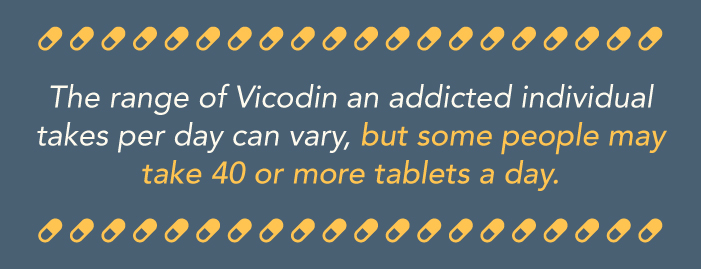


 Ativan is a brand name medication of the benzodiazepine (benzo) drug lorazepam. As a benzo, it’s a central nervous system (CNS) depressant, which means it slows several important bodily functions, including breathing rates, heart rate, and temperature. The
Ativan is a brand name medication of the benzodiazepine (benzo) drug lorazepam. As a benzo, it’s a central nervous system (CNS) depressant, which means it slows several important bodily functions, including breathing rates, heart rate, and temperature. The 
 Detox can be emotionally strenuous as well, which is another reason detoxing in a facility is so important. The facility’s staff will comfort you during this time, answering any questions you may have, or will simply provide an ear and any emotional support you may need.
Detox can be emotionally strenuous as well, which is another reason detoxing in a facility is so important. The facility’s staff will comfort you during this time, answering any questions you may have, or will simply provide an ear and any emotional support you may need.

 When used as a medical treatment, the prescribing doctor should gradually taper you off of the drug as to avoid unpleasant side effects of withdrawal. These professionals are trained and understand how to best do this to avoid any complications and further strain to your physical and mental states.
When used as a medical treatment, the prescribing doctor should gradually taper you off of the drug as to avoid unpleasant side effects of withdrawal. These professionals are trained and understand how to best do this to avoid any complications and further strain to your physical and mental states.
 Codeine has been mixed with different drugs to treat various medical conditions, most commonly acetaminophen. There are various strengths of this drug combination, indicated in the title of the drug as Tylenol 2, Tylenol 3, and Tylenol 4. Tylenol 4 is the most potent of these medications, containing 60mg of codeine and 325mg of acetaminophen.
Codeine has been mixed with different drugs to treat various medical conditions, most commonly acetaminophen. There are various strengths of this drug combination, indicated in the title of the drug as Tylenol 2, Tylenol 3, and Tylenol 4. Tylenol 4 is the most potent of these medications, containing 60mg of codeine and 325mg of acetaminophen. While reducing the amount and frequency of opioids if you have a substance abuse issue is important, quitting abruptly can be extremely dangerous. Because your brain has become accustomed to a certain level of opioids binding with your opioid receptors, your body considers this new chemical balance to be the norm. If you suddenly stop taking opioids, then this level will come down too rapidly, resulting in withdrawal symptoms.
While reducing the amount and frequency of opioids if you have a substance abuse issue is important, quitting abruptly can be extremely dangerous. Because your brain has become accustomed to a certain level of opioids binding with your opioid receptors, your body considers this new chemical balance to be the norm. If you suddenly stop taking opioids, then this level will come down too rapidly, resulting in withdrawal symptoms.
 Suboxone is a fairly new drug to the addiction treatment market. Intended to treat all types of opioid addiction in adults, Suboxone is actually a combination of two different types of drugs; buprenorphine and naloxone. Often prescribed for pain control,
Suboxone is a fairly new drug to the addiction treatment market. Intended to treat all types of opioid addiction in adults, Suboxone is actually a combination of two different types of drugs; buprenorphine and naloxone. Often prescribed for pain control, 
 With this tolerance generally comes increased or more frequent consumption of the drug, which can lead to serious long-term effects down the road. These
With this tolerance generally comes increased or more frequent consumption of the drug, which can lead to serious long-term effects down the road. These 
 Temazepam is one of the many sedatives that can be used to help a person sleep, but in the illicit market, there’s a lot of room for diversion and abuse of it. Perhaps you’ve never heard of it, but temazepam a much bigger problem than most of us realize.
Temazepam is one of the many sedatives that can be used to help a person sleep, but in the illicit market, there’s a lot of room for diversion and abuse of it. Perhaps you’ve never heard of it, but temazepam a much bigger problem than most of us realize. Temazepam and other benzodiazepines are classified as schedule IV depressants by the
Temazepam and other benzodiazepines are classified as schedule IV depressants by the  During this time, you’ll gradually be taken off the benzodiazepine, and your withdrawal symptoms will be carefully monitored by professionals.
During this time, you’ll gradually be taken off the benzodiazepine, and your withdrawal symptoms will be carefully monitored by professionals.







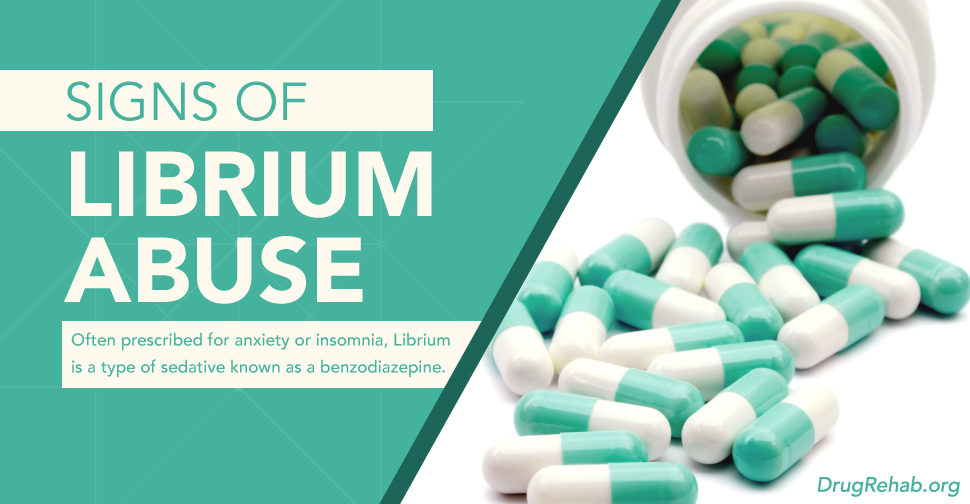


 Overall, benzodiazepine use was almost twice as prevalent in women as it was in men. This could be due to a wider social acceptance of women speaking with a psychiatrist about emotional issues than men, however it could also be linked to other environmental factors.
Overall, benzodiazepine use was almost twice as prevalent in women as it was in men. This could be due to a wider social acceptance of women speaking with a psychiatrist about emotional issues than men, however it could also be linked to other environmental factors.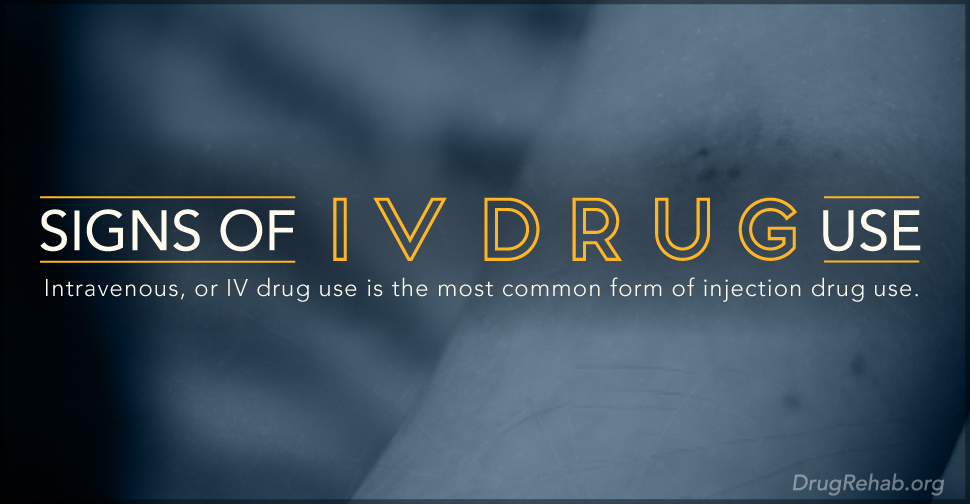
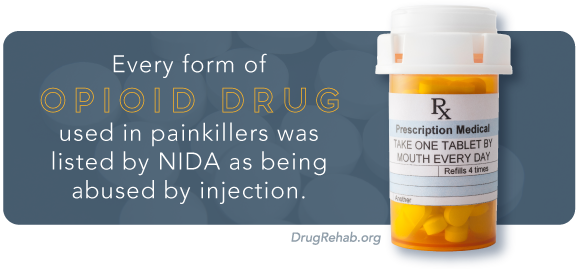
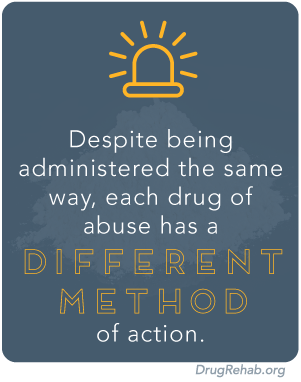 When a drug abuser injects a drug, they need certain equipment. These items are collectively termed paraphernalia. Finding these objects can be a telltale sign that a person is engaging in IV drug use. The most obvious one would be a syringe (insulin syringes are frequently used). You might also find pill bottles, baggies, or balloons which contained the drugs.
When a drug abuser injects a drug, they need certain equipment. These items are collectively termed paraphernalia. Finding these objects can be a telltale sign that a person is engaging in IV drug use. The most obvious one would be a syringe (insulin syringes are frequently used). You might also find pill bottles, baggies, or balloons which contained the drugs.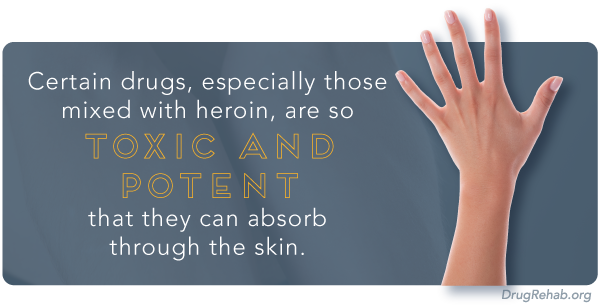
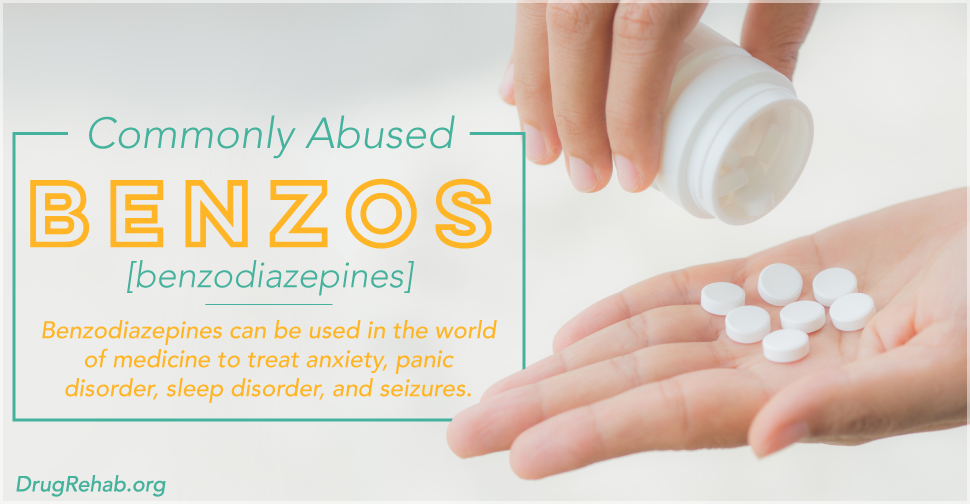


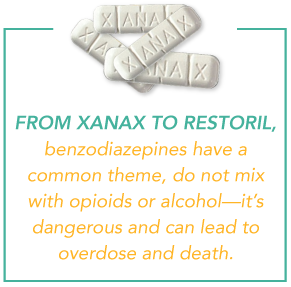 The FDA sums it up perfectly, “abuse is characterized by misuse of the drug for nonmedical purposes, often in combination with other psychoactive substances. Physical dependence is a state of adaptation that is manifested by a specific withdrawal syndrome that can be produced by abrupt cessation, rapid dose reduction, decreasing blood level of the drug and/or administration of an antagonist…Tolerance is a state of adaptation in which exposure to a drug induces changes that result in a diminution of one or more of the drug’s effects over time.”
The FDA sums it up perfectly, “abuse is characterized by misuse of the drug for nonmedical purposes, often in combination with other psychoactive substances. Physical dependence is a state of adaptation that is manifested by a specific withdrawal syndrome that can be produced by abrupt cessation, rapid dose reduction, decreasing blood level of the drug and/or administration of an antagonist…Tolerance is a state of adaptation in which exposure to a drug induces changes that result in a diminution of one or more of the drug’s effects over time.”


